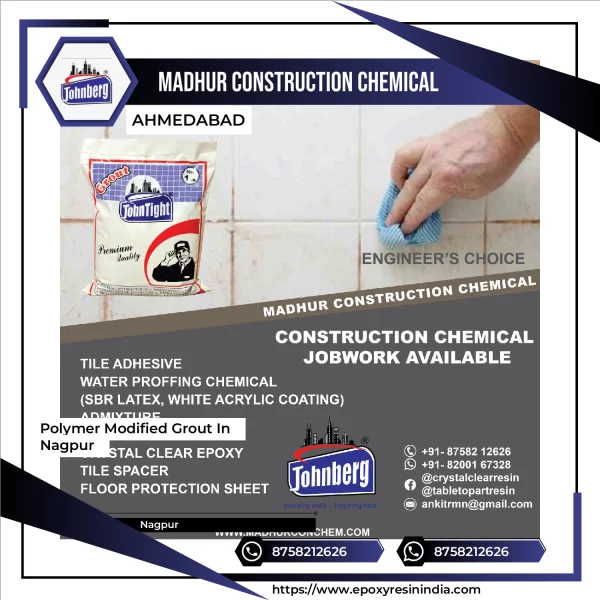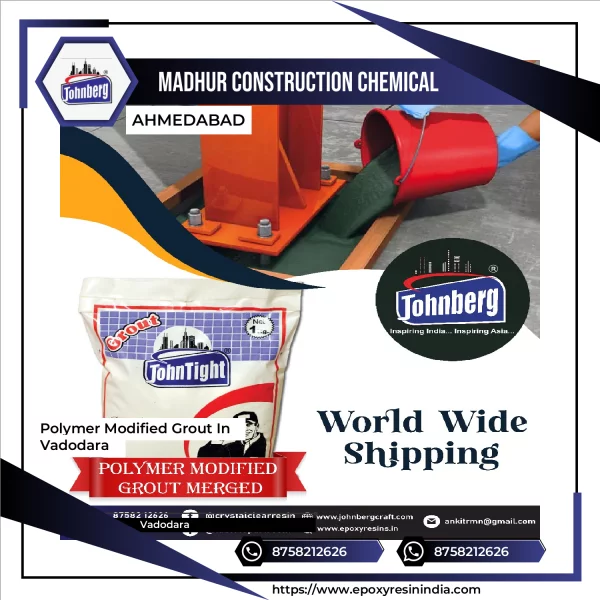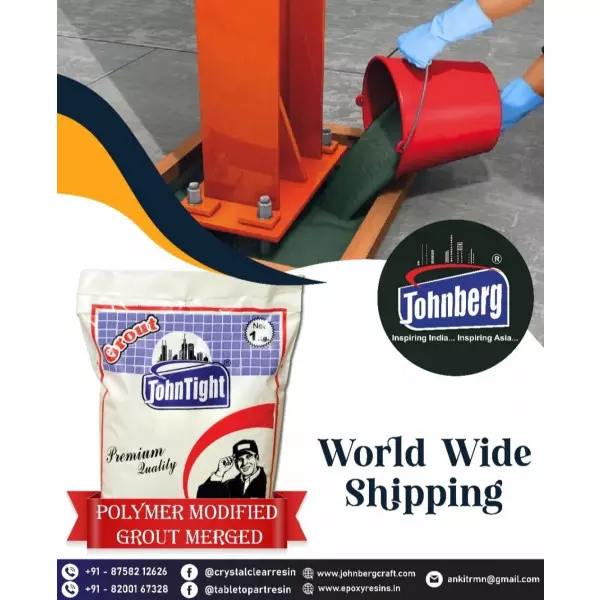- Home
- About Us
- Products
- Resin Furniture
- 3D Epoxy Flooring Service
- Resin Table Top
- Wooden Epoxy Resin Table Top
- Metallic Epoxy Flooring Service
- Conception Chemical Consultants
- Chemical Consultancy For Construction
- Construction Chemical Consultant
- Tile Grout
- Foundation Grout Consultant
- Paver Block Chemical Consultant
- Waterproofing Chemical Consultant
- Epoxy Pigment Consultant
- Heat Reflective Coating
- Water Repellent Coating
- Epoxy Grout
- Chemical Consultant
- Industrial Chemical
- Construction Chemical
- Epoxy Resin
- Epoxy Coating
- Polyester Resin
- Joint Sealants
- Cristal Clear Epoxy Resin And Hardner
- Construction Chemicals
- Polycarboxylate Ether And Liquid
- Solvent Cement
- Tile Protection Sheet
- Water Reducing Superplasticizer
- Epoxy Resin And Hardeners
- Two Component Waterproof Coating
- Epoxy Floor Coatings
- Casting Resin
- Sbr Latex Polymer
- Epoxy Grout Formulations
- Epoxy Resin Tabletops
- Tile Spacers
- Tile Levelling Spacers
- Industrial Night Vision Epoxy Grout
- Sbr Latex
- Johnberg Marble Polishing Liquid
- Acrylic Elastomeric Coating
- Weber Tile Adhesives
- Decorative Arts
- Resinic Crafts
- PU Flexible Tile Adhesive
- Resin Pressed Flowers
- Dry Pressed Flower
- Epoxy Putty
- Resin Furniture
- Services
- Updates
- Gallery
- Contact Us
Polymer Modified Grout In Agra
Details of Polymer Modified Grout
Polymer Modified Grout (PMG) is a type of cementitious grout that includes polymer additives to enhance its performance. These polymers—either liquid latex or redispersible powders—are added to traditional grout mixes (usually made of cement, sand, and water) to improve specific properties like flexibility, adhesion, and water resistance.
Key Components:
Cementitious Base:
Portland cement
Fine graded sand
Polymer Additives:
Liquid latex (e.g., styrene-butadiene rubber or acrylic)
Redispersible polymer powders (RDP)
Water:
Used to mix the grout (may be reduced if using liquid polymer)
Properties of Polymer Modified Grout:
Property Description
Improved Bond Strength Stronger adhesion to tiles and substrates
Flexibility Reduced risk of cracking due to movement or thermal changes
Water Resistance Better resistance to moisture, making it suitable for wet areas
Durability Enhanced abrasion and chemical resistance
Shrinkage Control Lower shrinkage compared to traditional grout
Types of Polymer Modified Grout:
Sanded PMG: Contains sand for wider joints (typically 1/8" to 1/2" or more)
Unsanded PMG: No sand; used for narrow joints (less than 1/8")
Applications:
Bathrooms and kitchens
Swimming pools and spas
Exterior tiling
Areas with thermal movement or vibration
Commercial floors with heavy foot traffic
Advantages:
Excellent workability and smooth finish
Reduced efflorescence
Better resistance to staining and mildew
Considerations:
May be more expensive than traditional grout
Curing time may be longer depending on the polymer used
Some require precise mixing ratios for optimal performance
Not always UV stable (depends on polymer type)
Offered Product
Polymer Modified Grout
BrandJohnbergUsage/ApplicationConstructionJoint Width5mmPackaging Size5 KgShelf Life24 MonthsDensity1.2Temperature120 Degree CelsiusMaterialCementPackaging TypePP Bagohnberg Brand Epoxy Grout For Tiles Grouting Application. High Strenght, Stain Proof, Easy To Use And Easy Ro Clean Application.... Read morePolymer Modified Grout In Nagpur
Polymer Modified Grout Is A High Performance Cement Based Material Enhanced With Carefully Selected Polymer Additives To Improve Strength Durability And Bonding Capability. It Is Widely Used In Construction And Repair Projects Where Superior Adhesion Flexibility And Resistance To Cracking Are Required. The Addition Of Polymers Significantly Enhances The Physical And Mechanical Properties Of Traditional Grout Making It Suitable For Demanding Environments.This Type Of Grout Provides Excellent Bo Continue
Polymer Modified Grout In Vadodara
Polymer Modified Grout Is A Type Of Cement Based Grout That Contains Added Polymer Materials To Improve Its Performance And Durability. It Is Commonly Used In Construction And Tile Installation Where Higher Strength Flexibility And Resistance Are Required Compared To Traditional Grout.The Grout Is Made By Combining Cement Fine Aggregates Water And Polymer Additives. The Polymers Are Usually In Liquid Or Powder Form And Help Enhance Bonding Strength Reduce Water Absorption And Improve Resistanc Continue
Polymer Modified Grout Manufacturers In Bhopal
Polymer Modified Grout Is A Type Of Cement-based Grout That Has Been Enhanced By The Addition Of Polymer Materials. These Polymers Improve The Physical And Chemical Properties Of The Grout, Making It More Durable And Versatile Than Traditional Grout.Components:Cement – Acts As The Primary Binding MaterialAggregates – Fine Particles Such As Sand To Provide Body And StrengthPolymers – Usually Latex Or Acrylic-based Additives In Liquid Or Powder FormWater – Used To Continue




